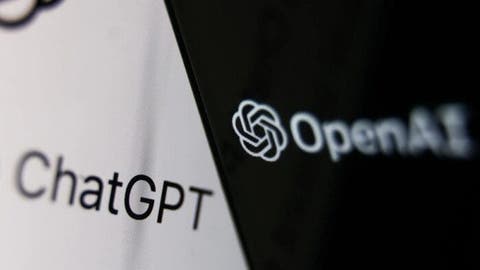Since its inception, ChatGPT has taken the limelight: a new AI chatbot tool launched by OpenAI. This chatbot can quickly generate articles, stories, lyrics, and even codes according to user needs. It can also answer various questions and do more. When it was launched, because of the amazing amount of information and completeness in the answers, it was virally spread by people. In fact, the AI tool had millions of users overnight. It also helped OpenAI secure a new $10 billion investment from Microsoft, bringing OpenAI’s latest valuation to $29 billion.
News Website: Warmly Welcomes ChatGPT
In the past two days, there has been a lot of fuzz regarding Buzzfeed (a news website) use of the halo of ChatGPT to generate articles. Buzzfeed announced that it will use the AI API provided by OpenAI — not even ChatGPT itself, to assist in the creation of some content.
“By 2023, you’ll see us transition AI content, which is still in R&D, into part of our core business,” BuzzFeed CEO Jonah Peretti said in a memo.
Compared with regular news sites, Buzzfeed for young people is famous for various tests on the Internet. BuzzFeed will use OpenAI’s AI tech to help generate relevant test questions on the website. This will help the editors to find better ideas.
“To be clear, we see breakthroughs in AI ushering in a new era of creativity that will enable humans to harness creativity in new ways, creating limitless opportunities and applications,” Peretti said. “In publishing, AI can benefit both content creators and audiences, sparking new ideas and inviting audience members to co-create personalized content.”
Regardless of whether readers are really willing to pay for the fun quiz created by AI, the news of this cooperation is enough to bring BuzzFeed back to life.
Since going public through a SPAC in December 2021, BuzzFeed’s stock price has fallen by more than 90%. Its third-quarter net loss widened to $27 million from $3.6 million a year ago. It even had to lay off about 12% of its staff to control cost. But as soon as the news of the partnership with OpenAI came out, its estimates rose by more than 300%.
Education and Academia: Meeting the Challenges
Despite its good applications in journalism, ChatGPT-like AI tools have been questioned in more writing scenarios. One of the areas that it gets serious criticism is in academia. To test ChatGPT’s ability to generate answers on a four-course exam, professors at the University of Minnesota School of Law recently gave ChatGPT an exam and blinded the results. After completing 95 multiple-choice questions and 12 essay questions, ChatGPT earned a C+ average. The grade is low but its a passing grade in all four subjects.
On Wharton’s business administration course exam, ChatGPT performed even better, earning grades from B to B-. Wharton professor ,Christian Terwiesch said that ChatGPT did a “remarkable job” at answering basic operations management and process analysis questions. However, it struggles with basic maths even elementary school maths.
Thus, ChatGPT its top notch but in academics, it will need guidance. If left unchecked, ChatGPT will become the most powerful cheating tool in history — helping students with homework and even exam papers.
So, as the test results came out, more schools and teachers express concern about ChatGPT’s ability to cheat. For example, public schools in New York City and Seattle have banned students and teachers from using ChatGPT on the district’s network and devices.
Prof Terwiesch also said he agreed that there should be restrictions on students when they take the exams. “The ban is necessary,” he said. “After all, when you’re awarding a doctor’s degree, you want them to actually have medical knowledge, not just how to use a chatbot. The same applies to other skill certifications, including legal and business professions, among others.”
